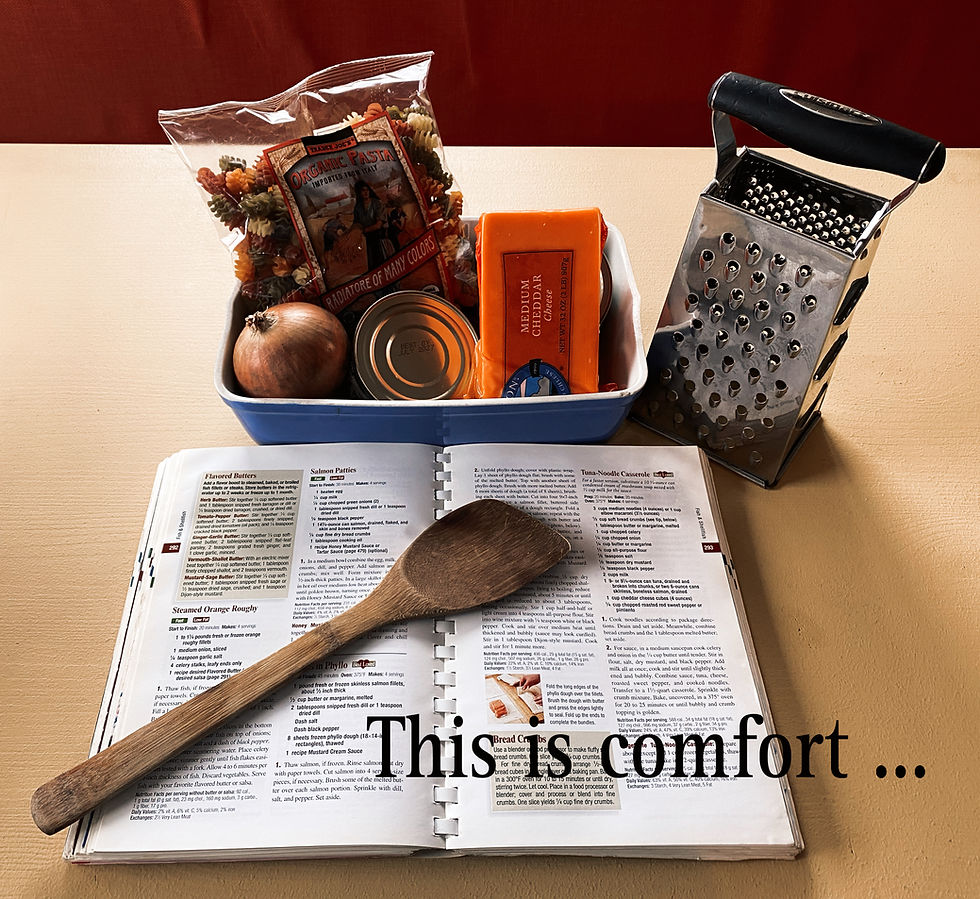Grief is Not a Disease
- Lynn Brooke
- Feb 20, 2024
- 3 min read

Grief is not a disease. It is a reaction to a wound. The wound occurs because of a loss. Any loss. Physical, like a car or body parts, financial like money, emotional, like desertion, divorce or death. I believe even the loss of an anticipated event, which could be great or a little.
So why, especially when a death has occurred, do people try to fix it? There are all sorts of methods to do so.
Give you pills.
Tell you what to do and when.
Get rid of clothes or don’t get rid of clothes.
Move into a care facility.
Sell your house.
Get a pet dog or cat.
Don’t cry.
Keep busy.
Pray.
Read, and on and on.
I refer to what my psychologist friend told me in times past. I believe she knew what she was talking about and, I guess, so did a lot of people. I couldn't believe her client list, who all showed up at her memorial. There were hundreds of them. I don’t know if she had the impact on them she had on me.
We had a special deal going. I was in a position to refer clients to her (voluntarily, suggest her as a resource) and, in turn, she dragged me to groups, pretending she needed assistance. Right. I got as much therapy as I could inculcate. In addition, lessons to remember.
Her clients were mainly those with self-defeating behaviors, such as overeating, drinking, depression and anxiety. She wasn't a Freudian or Ivory Tower. She spoke in an understandable language.
Her message of causation, result and prevention runs through my head. If you have a feeling, express it, have a loss, you are going to hurt. Grieve.
There are consequences if you don’t.
Her message:
Loss is like a big chunk taken out of your body, the emotional part. It is a wound. It weeps, like the fluid and blood from a physical wound. The fluid has to escape. If it is walled off, it causes problems, escapes, and the results are disorders like depression, anxiety, anger.
She would explain further:
People don’t like to hurt. The emotional system hurts as bad as the physical body. We have been socialized not to express that. To suck it up. So people develop all sorts of self-defeating behaviors to hide the hurt. Pretend they don’t have it.
The self-defeating behaviors cause more problems: Bury the hurt deeper, and it may even coalesce into others.
So why, especially after the death of a loved one, does everyone bring food, along with advice? Maybe it’s because they know there is a period of numbness, and maybe eating doesn’t occur, or maybe it’s because people drop in and the social thing to do is to offer nourishment.
Or maybe it’s because food has its own language. This is comfort. Eat. Feel better.
Perhaps it would be a benefit to stick messages into the casserole:
Loss hurts.
Cherish the hurt, it is a measure of the love you have.
Grief has no timeline.
Grief is individual.
Your expression of grief is your own.
Your coping with loss is your own.
Advice, which also could be inserted into the casserole:
Wait to make major decisions.
Make your own decisions.
Trust in yourself.
Know that you are worthy.
Know that you did everything you could.
Keep your pocketbook or wallet closed.
I believe it is important to send away those Charlatans, who want to fix our grief. Grief ghouls.
Who is welcome is the one who comes and sits by me, gives me love.
I could do with less food.
Let me know how you are doing. I care.
Contemplation: What is the best way to experience loss?
Sincerely,
Lynn Brooke
© 2024 Our New Chances
Photo Credit: © 2024 Rachel Gareau



Comments